Pilates might seem like the new hottest exercise trend, but it’s actually been around in one form or another for 100 years. First developed by Joseph Pilates in the 1920s as a rehabilitation programme for wounded soldiers, Pilates has grown to become one of the most popular fitness systems in the world.
Are you thinking about taking up Pilates? As your trusted local North Shore physio, we’ve rounded up everything you’ll need to know before you get started. Read on to learn more about how Pilates works and how it can benefit you.
What is Pilates?
Pilates is a structured fitness system made up of low-impact exercises. The workouts tend to focus on small movements that require you to use the stabilising muscles in your back and core.
Much like yoga, there’s a strong emphasis on controlled breathing and economy of movement. As you become more experienced, you’ll learn to transition through the exercises in a graceful flow.
There are two main types of Pilates:
-
- Mat Pilates: This is the foundation for the entire Pilates system. It takes place on a mat on the floor, and uses your own bodyweight and gravity as resistance. Unlike Reformer Pilates, there’s no equipment to support you on the mat, so you need to focus on maintaining good form and controlling your muscles.
- Reformer Pilates: This involves the use of purpose-made equipment known as the Pilates Reformer. The Reformer is an exercise machine that features a sliding carriage and a series of straps, pulleys and springs. Reformer Pilates allows you to perform more exercises than Mat Pilates, and the ability to increase or reduce resistance makes it suitable for a wide range of people.
Who can do Pilates?
Pilates may sound intimidating (particularly when you see the Reformer for the first time!) but you can rest assured that it’s suitable for just about everyone.
The slow, graceful movements are appropriate for people of all ages and the exercises can be tweaked to your needs, regardless of your experience, ability or level of athleticism. There are even pregnancy and post-natal Pilates programmes!
Remember to always consult your doctor before starting any fitness programme, particularly if you have a pre-existing medical condition or have not exercised in a while.
5 key benefits of Pilates
Improved core strength is often touted as the main advantage of Pilates, but the benefits go far beyond a tighter midsection.
1. Body control and awareness
Perhaps the biggest benefit of Pilates is how it builds body control and awareness. It encourages you to think about how your body moves and how your choices throughout the day might affect your health, posture and wellbeing. Essentially, it encourages you to listen to your body.
2. Injury rehabilitation
Pilates can also be very useful for rehabilitation when performed under expert qualified supervision. Many of the injuries we see at our North Shore physio clinic are caused by muscular imbalances, which are often the result of lifestyle factors or imbalanced training programmes.
Pilates emphasises building an even musculature throughout the body, which can help correct these imbalances. Pilates exercises are also highly adaptable and can be increased in difficulty as the patient regains strength and/or mobility.
3. Weight loss
Pilates may not be as effective as cardio when it comes to shedding unwanted fat, but research shows it can still be a useful weight loss. A 2017 study found that practicing Pilates for eight weeks was effective for losing weight, reducing BMI, and decreasing waist, abdomen and hip circumference. If you take part in a 50-minute Pilates mat class for beginners, you can expect to burn about 175 calories.
4. Low impact
Pilates is all about slow and controlled movements. There’s minimal impact on the joints, making it a great option for older adults and people dealing with joint pain, arthritis and other injuries.
5. Improved sports performance
Last but not least, Pilates can have a direct impact on your sports performance. Whether you’re a runner, cyclist, golfer, rugby player or any other type of athlete, your core plays a critical role in just about every movement you perform. Building a stronger core through Pilates allows you to move more quickly and with more power.
Your physiotherapist can even teach you some Pilates exercises that mimic specific movements in your sport to help you take your game to the next level.
Talk to your North Shore physio team about Pilates
Want to learn more about Pilates? Give us a call today on 09 4762166 to find out if Pilates is right for you or book an appointment with your physiotherapist today.
